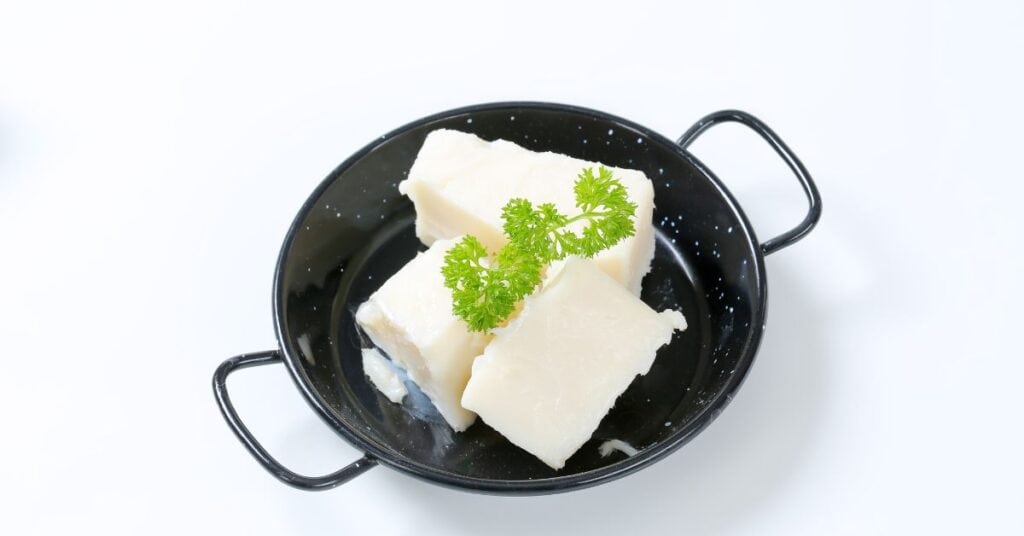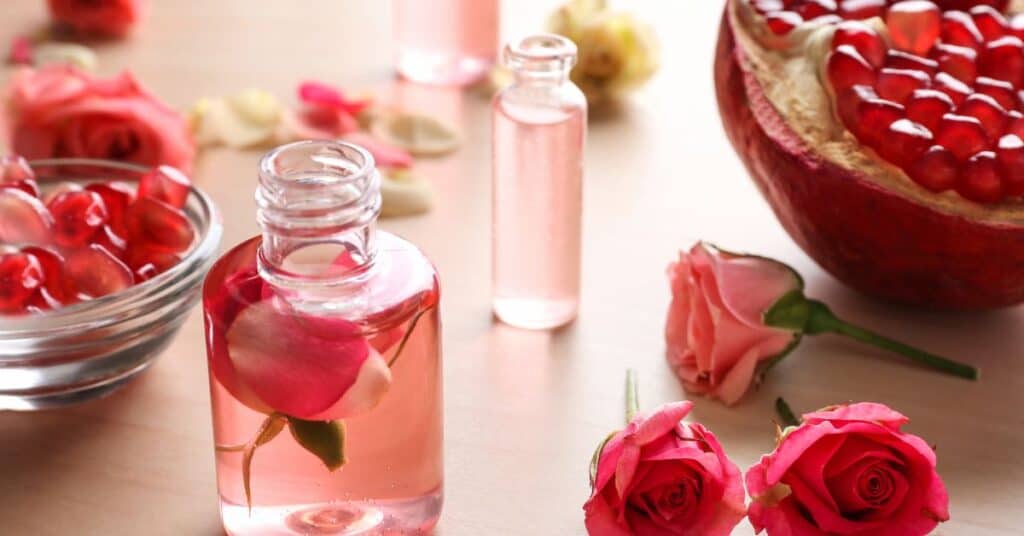Table of Contents
- How Do You Make Lard Soap Smell Good?
- What Are Essential Oil Combinations for Lard Soap?
- What Qualities Does Lard Have In Soap?
- Conclusion
Are there essential oils for lard soap? Yes! You can use any essential oils you like, but ensure you buy from reputable suppliers; they are skin-safe and compatible with soap making.
Lard soap is a type of soap made from animal fat, usually pork. Essential oils for tallow soap.
It is a traditional and economical way of making soap that produces hard, long-lasting bars with a creamy lather.
And, as a soap maker and scent enthusiast, adding essential oils to my soaps is a no-brainer, and my lard soap is no exception.
Like any other soap, Lard soap gives you the luxury to customize it with different essential oils to give it a pleasant scent and additional benefits for the skin.
As you read, you will know essential oils to use when formulating your lard soap.
Let’s start!
How Do You Make Lard Soap Smell Good?
There are different ways to make lard soap smell good, depending on your preference and the ingredients you have.
One way is to add fragrance or essential oils at trace, which is the stage when the soap mixture starts to thicken.
You can choose from a variety of scents, such as lavender, rose, cinnamon, clove, vanilla, chamomile, lemon, mint, etc.
Additionally, natural additives, such as herbs, spices, honey, and coffee, are incredible options to add beauty, color, texture, and fragrance to your lard soap.
Experiment with different combinations and amounts to create your unique soap.
What Are Essential Oil Combinations for Lard Soap?
One of the fun parts of making lard soap for me is choosing the essential oils I want to use.
Essential oils add fragrance and therapeutic benefits to your soap, depending on their properties and effects.
Here are some essential oil combinations you can try for your lard soap and their benefits. You can also experiment with your combinations.
- Lavender and Rosemary
- Lavender Citrus Bliss:(Lavender and Orange Essential Oil)
- Lemon and Peppermint
- Orange and Cinnamon
- Minty Herb Fusion: (Peppermint and Rosemary Essential Oil)
- Tea Tree and Eucalyptus
- Citrus Spice Delight: (Bergamot and Clove Essential Oil)
- Floral Herb Symphony: (Geranium and Clary Sage Essential Oil)
- Geranium and Ylang Ylang
- Earthy Forest Blend: (Cedarwood and Pine Essential Oil)
- Vanilla Lavender Dream: (Vanilla and Lavender Essential Oil)
Tips for Blending Essential Oils:
Start Small: Begin with small batches when experimenting with essential oil combinations to ensure you achieve the desired fragrance without wasting ingredients.
Balance Intensity: Consider the intensity of each essential oil. Some oils are potent, and a little goes a long way. Adjust the ratios to achieve a balanced scent.
Consider Seasonality: Tailor your fragrance to the seasons. Light and citrusy scents may be refreshing in the summer, while warm and spicy notes evoke coziness in the colder months.
Take Notes: Keep a record of your blends and their ratios. This will help you recreate successful combinations and avoid potential pitfalls in the future.
Creating the perfect essential oil blend for your lard soap is a personal journey. Feel free to experiment, trust your senses, and enjoy the creative process!
What Qualities Does Lard Have In Soap?
Lard soap has many qualities, making it an excellent choice for your skin. Here are some of them:
- It produces a creamy and stable lather that cleanses gently and effectively.
- It has “mild moisturizing qualities” that prevent the soap from drying the skin, making it suitable for various skin types.
- Lard is versatile and can be used in various soap formulations.
- It ensures your soap retains its shape and consistency over time, leading to a longer-lasting product.
- Lard contributes to the hardness of the soap.
- It is a natural source of glycerin, a humectant that attracts moisture to the skin.
- It is easy to access and inexpensive.
- Lard supports the retention of fragrance in soap. Lard’s stable composition helps anchor and preserve the scents added to the soap.
- It is suitable for cleansing your face and won’t clog pores or damage your skin.
Conclusion
Lard soap is a simple and economical way of making soap that can be customized with different essential oils to suit your preferences and needs.
Lard soap is hard, long-lasting, and moisturizing and can be used for various purposes, such as washing your hands, body, face, or hair.
Enhancing the sensory delight of lard soap with essential oils opens up a world of aromatic possibilities and offers a personalized touch to your lard soap creations.
So, experiment, explore, and let the enticing aromas transform your bathing ritual into a sensory journey!



